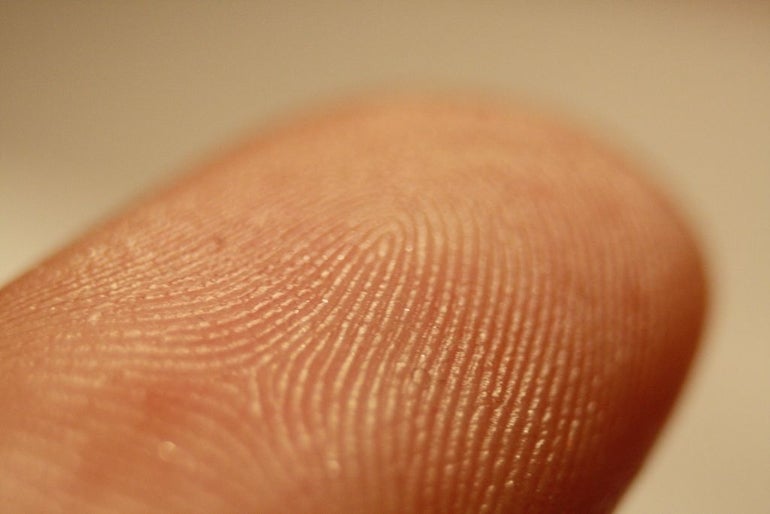As a conference committee works to strike a compromise on legislation to regulate the burgeoning ride-for-hire industry, representatives from businesses, technology networks and civil rights organizations on Tuesday called on lawmakers to resist placing restrictions upon companies like Uber and Lyft.
Massachusetts is in line to join 34 states that have passed laws to regulate transportation network companies, TechNet Executive Director Matthew Mincieli said, but keeping House language restricting pick-ups at Logan Airport and Boston Convention and Exhibition Center would put Massachusetts out of step with the other states.
“The Senate bill is preferable to us … it more closely mirrors a lot of legislation that we’ve been engaged on and working to pass throughout the country and has already passed in a lot of places,” he said on a conference call Tuesday morning. “One of the main issues from the TechNet perspective was the pick-up and drop-offs, I think that is something that would make Massachusetts an outlier nationally.”
Mincieli, whose organization refers to itself as “the voice of the innovation economy,” added, “If you’re a resident and you’re traveling or you’re a tourist coming in or you’re a businessperson coming in for work, I think those are kind of the windows to the city and that’s a major part of the bill.”
The House’s ride-for-hire bill (H 4064) would prohibit transportation network companies from picking up passengers at Logan Airport or the Boston Convention and Exhibition Center in the city’s Seaport neighborhood for five years.
House leaders defended excluding the app-enabled drivers from picking up passengers from the convention center as repayment for the taxi industry’s contribution to the original construction of the building when 260 taxi medallions were sold raising $40 million nearly two decades ago.
The Senate bill (S 2371), approved in June, did not include the same restriction.
“We’re really enthusiastic that the Senate legislation doesn’t limit customer choice at the exhibition and convention center, nor at Logan Airport,” Sarah Kennedy, director of government affairs at the Cambridge Chamber of Commerce, said. “Allowing ridesharing to operate in these locations really affirms how important they are to the city and the region more broadly.”
The National Association for the Advancement of Colored People said transportation network companies have worked to meet the transportation needs of communities of color and have provided an additional work opportunity for people who are between jobs or need additional income to support their families. Restricting ridesharing would restrict those opportunities, the organization said.
“Any provision within the bill that limits ride-sharing from any picking up of passengers at any location ties the hands of this transportation option and doesn’t allow it to grow in the natural way business should grow,” said Michael Curry, president of the Boston branch of the NAACP. “Me speaking specifically for the city of Boston, we see very clearly what this option is doing to transform our communities.”
The technology-enabled transportation companies that connect drivers to passengers via smartphone apps currently operate under no regulatory structure for their business model.
Rep. Aaron Michlewitz of Boston and Sen. Karen Spilka of Ashland are leading the conference committee working to reconcile the two bills. They are joined by Sens. Jamie Eldridge and Donald Humason, and Reps. Ronald Mariano and Brad Hill.

